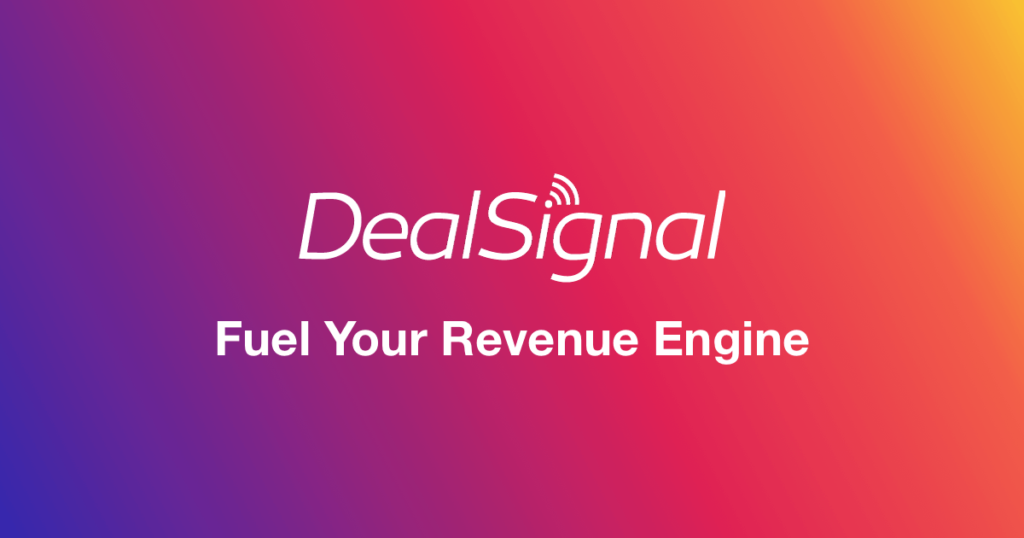Data-driven marketing is a strategic approach that leverages data, analytics, and insights to guide marketing decisions, optimize campaigns, and improve overall marketing effectiveness. This methodology involves collecting, analyzing, and interpreting various types of data to gain valuable insights into customer behavior, preferences, and interactions. These insights are then used to tailor marketing strategies, messages, and campaigns for maximum impact and ROI.
Data-driven marketing empowers marketers to make informed decisions and optimize strategies by harnessing the power of data and insights. By tailoring marketing efforts to individual customer preferences and behaviors, businesses can enhance customer engagement, drive conversions, and achieve higher marketing ROI.
Key Components of Data-Driven Marketing:
- Data Collection: Gathering data from various sources such as customer databases, web analytics, social media platforms, email campaigns, and third-party data providers.
- Data Analysis: Using analytical tools and techniques to interpret data, uncover patterns, and generate actionable insights.
- Segmentation: Dividing the customer base into distinct segments based on demographics, behavior, preferences, and other criteria to target them more effectively.
- Personalization: Customizing marketing messages, offers, and experiences based on individual customer data to increase relevance and engagement.
- Optimization: Continuously refining marketing strategies and tactics based on data-driven insights to improve performance and ROI.
Benefits of Data-Driven Marketing:
- Enhanced Targeting: Data-driven insights enable precise audience targeting, ensuring that marketing messages reach the right people at the right time.
- Improved Customer Experience: Personalizing marketing efforts based on customer data leads to more relevant and engaging experiences.
- Increased Efficiency: Data-driven marketing helps in allocating resources more effectively, reducing waste and improving campaign efficiency.
- Higher ROI: By focusing on strategies that are proven to work, businesses can achieve higher returns on their marketing investments.
- Competitive Advantage: Leveraging data provides a competitive edge by enabling more informed and agile marketing strategies.
Data-driven marketing is essential for businesses seeking to maximize their marketing effectiveness and ROI. By leveraging data and analytics to inform decisions, optimize campaigns, and personalize customer interactions, organizations can enhance engagement, drive conversions, and achieve sustainable growth. Embracing data-driven marketing practices ensures that businesses stay competitive and responsive to changing market dynamics.
« Back to Glossary Index



